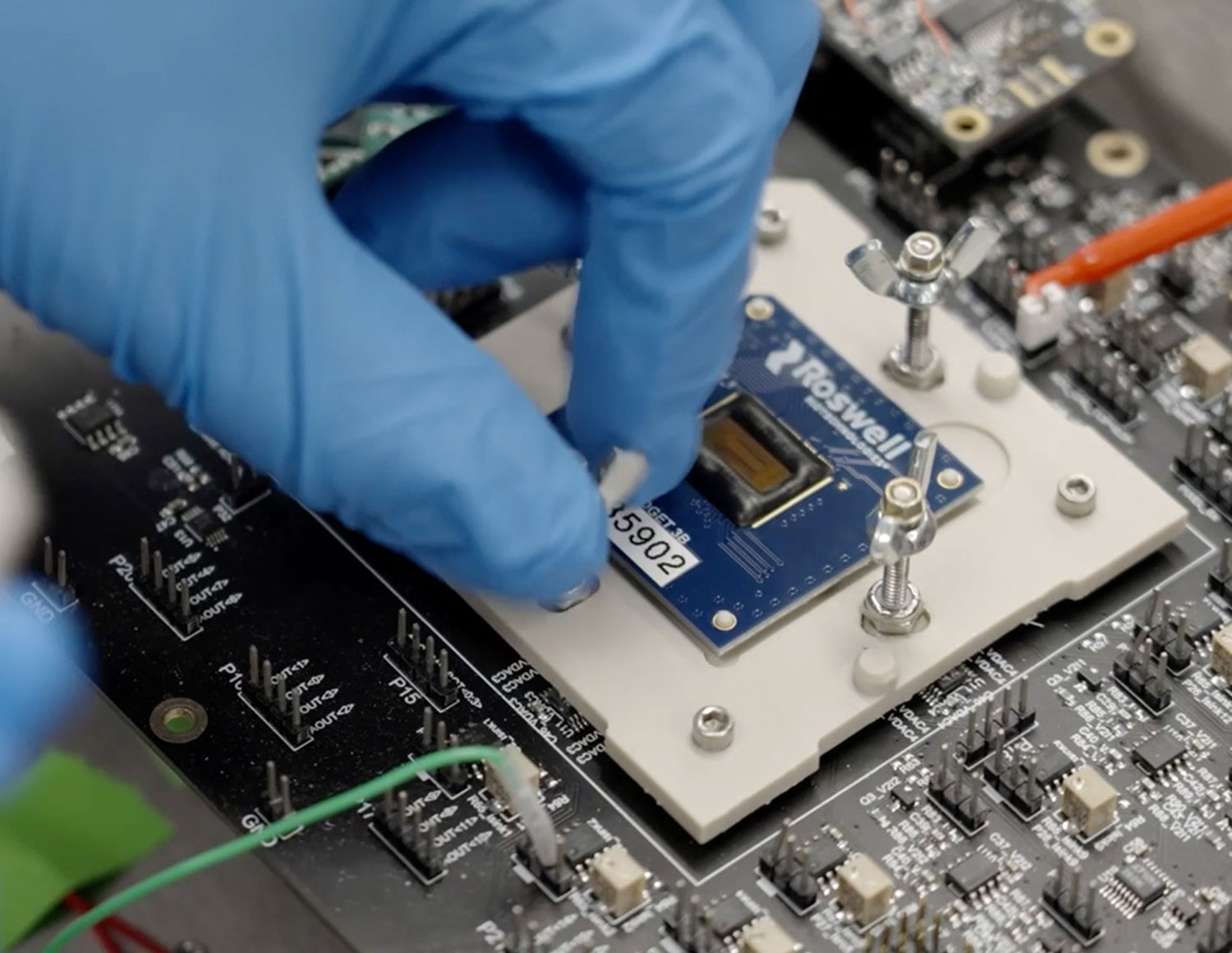ケーススタディー
The resources needed by the world to store and compute data in the age of AI will vastly exceed availability if limited to conventional technologies. DNA-based platforms for digital data storage and compute promise to be a truly scalable solution and CATALOG is the pioneering leader in this field. CC is proud to have contributed to a landmark breakthrough on this ambitious journey – the development of the first DNA-based platform for data storage.
CATALOG’s challenge is a fundamental one for business and society. Conventional computers simply can’t keep pace with some workloads. DNA computing promises to solve this by harnessing the medium selected by nature to store and compute its most precious data.
CATALOG expects that DNA computing will activate big data to capture latent insights and drive progress in AI, machine learning, digital signal processing, pattern recognition and database comparisons, while solving intractable computational problems.
This bold vision chimes with CC’s focus on advanced computing. The world has an urgent sustainability challenge and must find alternatives to power-hungry computation. Today we’re working with clients to anticipate and seize the astonishing advances in technical performance and business value that are promised by novel silicon architectures and biological, neuromorphic, photonic and quantum computing.

Our work with CATALOG was characterized by the challenge of data storage. Conventional mediums of storage are unsustainable, with data centers taking up vast swathes of land and consuming hundreds of megawatts of energy to maintain their sensitive conditions, particularly for cooling. By encoding in DNA, data is stored using a fraction of the energy used by data centers. It can be kept safely at room temperature, is space efficient and has a lifespan of 1,000 years, compared to just a few years for hard drives.
CATALOG’s progress in the field was exemplified by the development of Shannon, a proof-of-concept prototype that uses a technology found in inkjet printers to write massive amounts of data in synthetic DNA. The company engaged CC to support the scaling up of its platform.

CC has a track record in deep tech innovation that creates new-to-the-world solutions with transformative business, societal and planetary impact. Often that means providing turnkey capabilities and broad expertise to ambitious tech start-ups with bold intentions. In this case, our multidisciplinary project team applied skills in microfluidics, process automation, software development, machine design and synthetic biology.
The extraordinary breakthrough by CATALOG showed for the first time that DNA storage could be brought out of the lab and into the real world. In 2019, it recorded the milestone of encoding all the English-language Wikipedia into synthetic DNA. Since then, CATALOG has proved the ability to search data stored in DNA in a massively parallel and scalable manner with resource usage almost independent of the data size. We’re delighted to have been a part of their incredible story.




